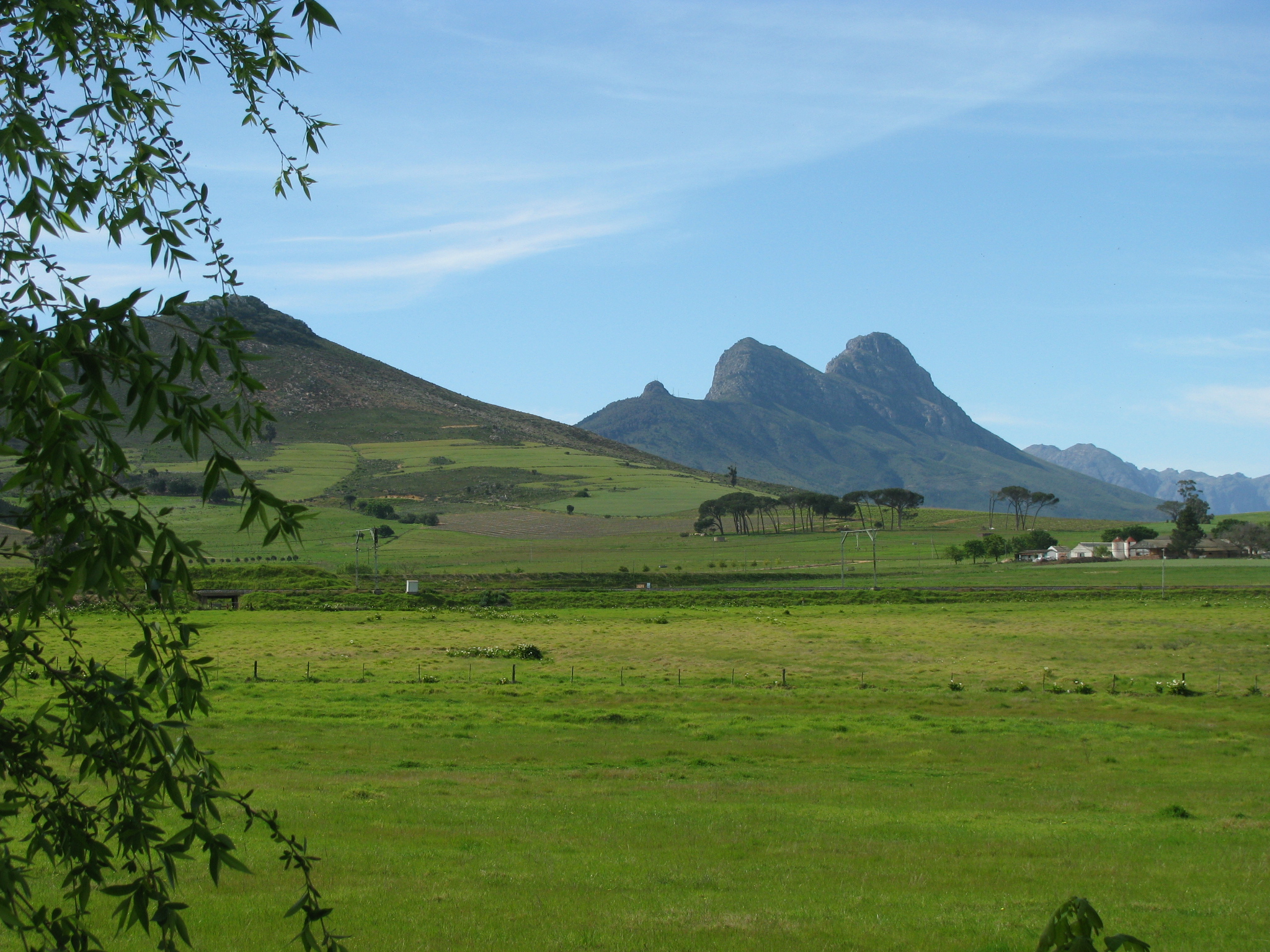The Value of the South Africa Truth Commission
Howard Varney, my supervisor, wears two hats in his professional life. He's a practicing attorney, working as both a plaintiff's lawyer and as a government civil defense attorney. He actually does that work mostly in Johannesburg, where he spends half of his week. The other half of the week he's here in Cape Town, working for ICTJ as a consultant on transitional justice specializing in Truth Commissions. This second hat is what I have primarily been working on. My fellow intern, Natalia, a law student at the University of Maryland, is doing the support work for his first hat, and I have nothing but sympathy for her. Although the USA and South Africa are founded on English common law, the procedures and terminology are different enough that I think she's close to pulling out her own hair. I've learned a bit of the vocabulary (Howard is not an attorney, he is an advocate. And we aren't filing an appeal, it's an application. Confusing!), but I'm more than happy to stick with the consulting work, which is in a field that I'm a bit more famliar with.
The question of how a country can deal with past abuses, especially when they were quite widespread and perpetrated by an entire government, is a tricky one. So many countries have gone through dramatic political changes in the past 40 years. Some countries have prosecuted past offenders, but this can be problematic for many reasons. In addition to the difficulty of gathering evidence following war or upheaval, there are also political concerns. Some of the people who used to be in power may still have quite a bit of clout, and threatening them with prosecution is a sure-fire way to get them to refuse to cooperate nicely with the new regime. Some countries have instead approached this problem with Truth Commissions, a way of bringing out the truth, naming and shaming those responsible, and giving some sense of vindication and justice to those who suffered. Howard has pointed out that Truth Commissions have become quite a popular option these days, almost to the point of being trendy. And many people look to the South Africa Truth & Reconciliation Commission (TRC), held in 1995-1996, as a success story and a model to be copied.
There are many things remarkable about the TRC. It was done in a way that was truly inclusive and well-publicized. Commissioners travelled all over the country, reaching out to anyone who was interested in testifying. Many of the hearings were televised, bring the reality of it to anyone with access to a TV. The TRC was also lucky to have a very famous champion, Archbishop Desmond Tutu (you can read all about him on his Peace Centre website - Archbishop Tutu is actually still preaching here in Cape Town, and I've tried once to attend one of his services, though he was unfortunately out of town that day. I'll have to try again!). The TRC also offered amnesty from prosecution to those who agreed to testify honestly for crimes they were involved in if they were politically motivated. This helped those who had committed acts of violence while resisting the former regime to "wipe the slate clean" in a way, and also encouraged agents of the apartheid government to come forward with the truth without fear of legal repercussions from the new democratic government. While some people may feel that amnesty excuses perpetrators of too much and denies the victims their right to criminal justice, this was probably the only way that the truth was going to come out. It allowed for an open dialogue about apartheid-era human rights violations, and provided for a genuine forum for reconciliation and strategizing for a new, freer and fairer South Africa. As the TRC Final Report put it, only when all South African citizens accept their own personal responsibility for what happened can there be a "moral and spiritual renaissance" for the country.
Now, whether the South African TRC is a true success story is something that is highly debated here. Back in the States, I had heard nothing but praise for it. And I've met a number of individuals who have found it tremendously cathartic. For example, one man I met who lived in Gugulethu, a poor township near Cape Town, who told us the story of seven young men who had been gunned down by the police in the early 1990's. It happened very near his home, and after one of the police involved testified at the TRC, he and the entire community were relieved to finally learn what had really happened. The perpetrators asked for forgiveness, and it gave some of the family members an opportunity to come to terms with the event and to forgive those who did it. But of course, that's asking a lot from the victims. Forgiveness can be a long road, and I can understand how difficult that could be when so many people, though no longer oppressed as they were under apartheid, still live in tremendous poverty. I have also met people here who describe the TRC as a failure, because the government has ignored so many of its recommendations. While the years immediately following the TRC were marked by tremendous enthusiasm for it, as the years have passed, the political will for implementing the recommendations has decreased to almost nothing. Millions of people are still waiting for reparations and victim-perpetrator reconciliation meetings are becoming impossible to arrange. The wealth inequality in South Africa is as bad as it was 15 years ago. While black South Africans now have more of a political voice, the poorest ones are still marginalized and ignored.
